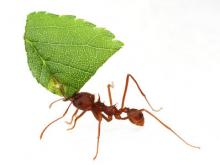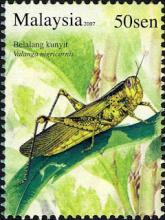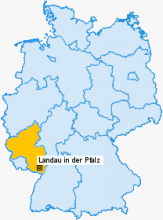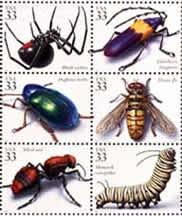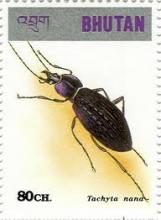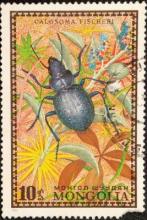Imidacloprid Inhibits Behavioral Defences of a Leaf-Cutting Ant
Leaf-cutting ants have evolved a range of defensive strategies which complicate the use of entomopathogens for their control. One of these behavioral strategies is self-grooming, which increases when ants detect the presence of fungal conidia on their integuments. We have previously shown that insecticides, when used at ultra-low concentrations, can be synergists of entomopathogenic fungi. It is possible that certain insecticides could modify ant behavior in a way that increases the chances of a fungal infection taking hold. The current study investigated the effects of the neonicotinoid insecticide Imidacloprid (IMI) and the entomopathogenic fungus Beauveria bassiana on self-grooming and locomotion behavior of Acromrymex subterraneus subterraneus workers when ants were exposed to the agents separately or together.

